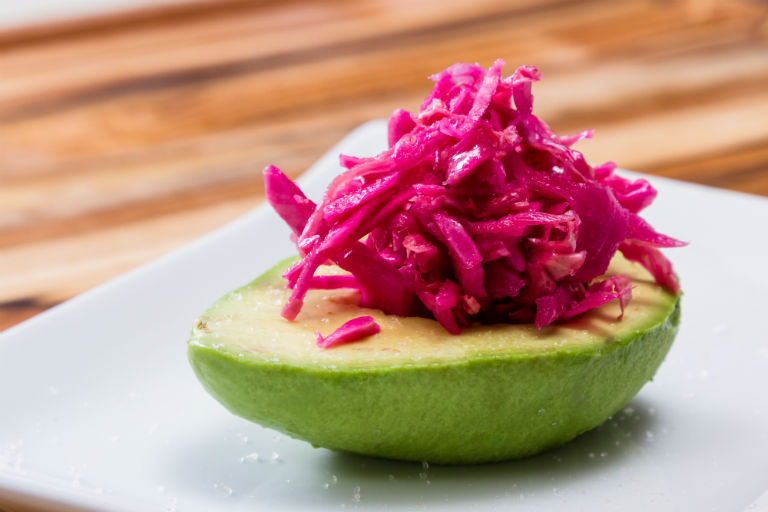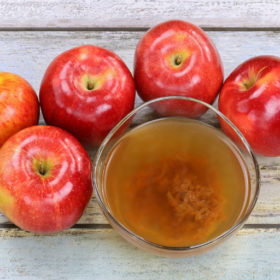
The Love Triangle: Your Gut, Your Brain, and Your Microbes
Did you know that the bacteria in your gut actually run the emotional part of your brain? It seems a bit far-fetched, but it’s true! The emotions we have on a moment by moment basis are not just “out there somewhere” feelings that ebb and flow throughout the day. Instead, they are largely influenced by trillions of microbes that live deep inside your gut.
Let’s face it – our emotional state will ebb and flow throughout the day, depending on our circumstances. You might have had a disagreement with your spouse or child that left you feeling sad or even angry, both of which would be completely understandable. But what about the time when you woke up in the morning and just feel ‘off’ for some reason? It’s like your brain got hijacked by the blue funk during the night and your day isn’t starting off as awesome as you’d hoped. It seems that there’s a possible explanation for this phenomenon that has to do with those amazing gut microbes!
For many years, scientists have known that the chemicals responsible for your mood, called neurotransmitters, are primarily produced by the bacteria in your gut. There are many different types of neurotransmitters, including serotonin, dopamine, and GABA. When in balance, they maintain healthy mood and emotional responses. However, because the gut manufactures over 75% of neurotransmitters, it only stands to reason that alterations within your gut bacteria could affect your mood. This dynamic relationship is commonly referred to as the gut-brain axis.
One of the easiest ways to improve this fast-moving communication highway is to consume plenty of fermented foods, which are naturally rich in beneficial probiotics. Even if this doesn’t sound appealing (although we highly recommend it), a high-quality probiotic can make a dramatic difference in the way you feel. According to experts, consuming supplemental probiotics had a dramatic impact on individuals dealing with depression, anxiety, and negative thinking. In one analysis of over 26,000 people, those who had the highest intake of probiotic-rich foods observed dramatic improvement of depression. Pretty amazing, right?
So, if you’re dealing with low mood or emotional fluctuations that are getting in the way of your awesome life, consider adding some probiotic-rich foods such as kefir or sauerkraut to your diet, or maybe even a high-quality probiotic. And then sit back and let your gut-brain axis kick into gear. Your brain, your microbes, and your mood will thank you for it!
Source: https://www.ncbi.nlm.nih.gov/pubmed/31029044
Source: https://www.ncbi.nlm.nih.gov/pubmed/31004628
Source: https://www.sciencedirect.com/science/article/pii/S0889159115000884



